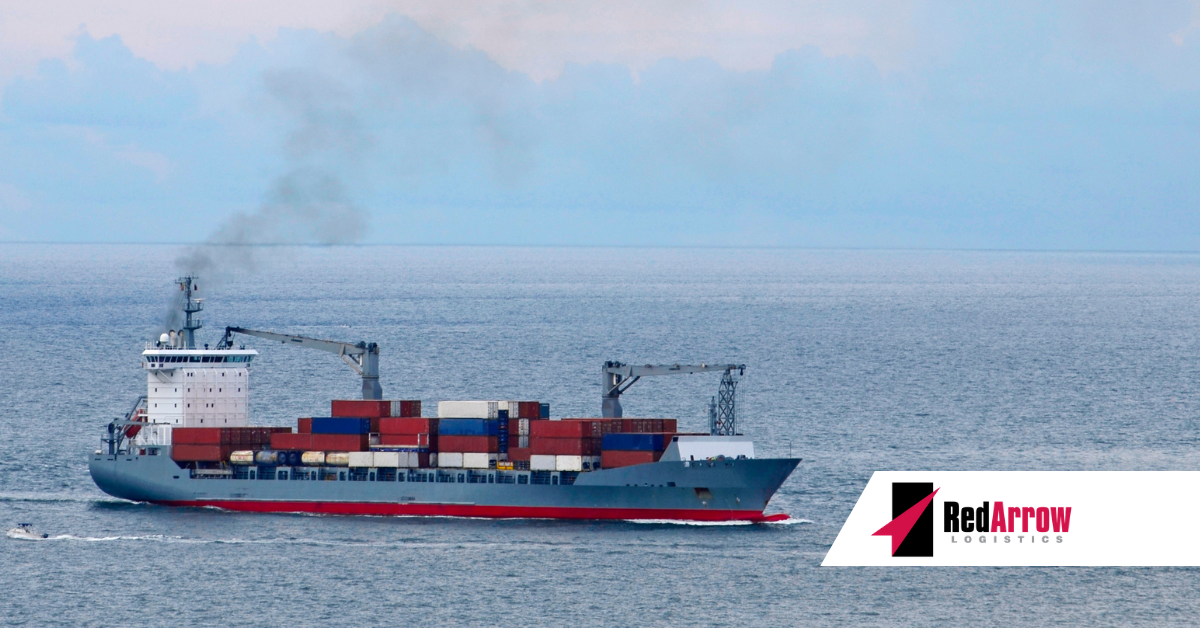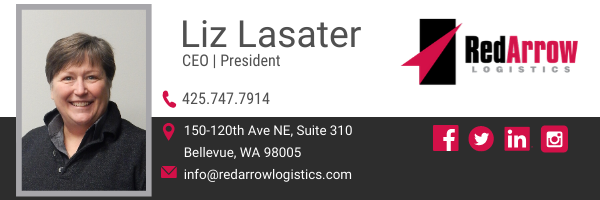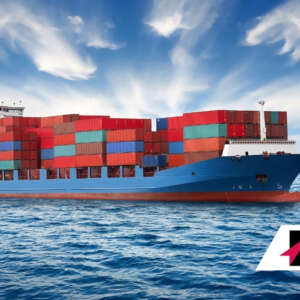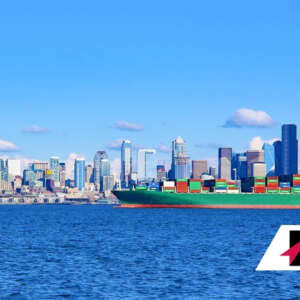Climate change is a global issue that affects the shipping and transportation industry. The shipping industry is faced with a daunting challenge: to be able to comply with the International Maritime Organization’s (IMO) emissions reduction by at least 50% by 2050. Reducing greenhouse gas emissions (GHG) within the industry would have a significant impact on climate change and zero-emission vessels and fuels are critical for the reduction of GHG emissions.
Collaboration Within the Industry
The first step in moving toward decarbonization by switching to net-zero fuels is understanding the players and their perspectives. Deloitte and Shell released a joint study last year entitled Decarbonizing Shipping: All Hands on Deck. In the report, industry leaders stressed the urgent need for the shipping sector to act now in order to meet the IMO’s expectation for emissions in 2050. They also acknowledge that this is difficult give the current economic challenges in the industry. The transition will be driven by the economic performance of zero-emission vessels along with international policies and regulations.
The Mission Possible Partnership
Launched as part of the World Economic Forum, the Mission Possible Partnership brings together more than 400 companies. The goal of the partnership is to decarbonize heavy industry and transport by mobilizing resources and aligning supporters. The partnership is aiming to implement policies to be able to reduce net-zero emissions targets by 2050. In the shipping industry, 157 companies have already expressed interest in the Getting to Zero Coalition to ensure zero-emission vessels along trade routes by 2030. Now, the infrastructure must be put in place in order to achieve this.
Nigel Topping, UK High-Level Champion, COP26 states that we must think and act like the global economy in order to decarbonize it: “The climate action system needs ambitious national pledges under the Paris Agreement and robust net-zero commitments from global industries. The Mission Possible Partnership aims to spur these commitments and create sectoral pathways to accelerate our progress in the Race to Zero.” While it is helpful to create partnerships to support the initiative, the transportation industry must be accepting of the changes and begin preparation as soon as possible.
Is the Industry Prepared?
Most companies in the industry do not feel prepared for the changes they will have to make. This is partially due to the price difference between heavy fuel oil and low-carbon fuels such as hydrogen and biofuels. The gap between the prices between the two should shrink and low-carbon fuels will become more affordable to carriers. Since zero-emission fuels are more expensive than traditional fuels currently, it is difficult for ship operators to use them unless they have economic incentives like a price premium.
Zero-carbon vessels are not yet available, and the industry has had a hard enough time moving to low-sulfur fuels. While environmental regulation could help the industry move closer to zero emissions, the process of exactly how to do it is still unclear. It is clear, however, that changes will need to start being made now to be able to meet the global net-zero objective. For now, any new vessel should run only on zero-carbon fuels, or be able to do so with minimal retrofitting.
Pathways to the Goal
According to studies and insight on the topic, there are three main pathways for adopting zero-emissions:
- Large-scale availability of renewable electricity. Electric fuels or a mix of hydrogen and ammonia produced through electrolysis is critical.
- Development of biofuels. Bio-Gasoil and bio-methanol might be the solution to a more sustainable fuel mix.
- Energy comes from a mix of fuels. Electric fuels, biofuels, and hydrogen and ammonia can be used to generate energy.
Organizations throughout the transportation industry are investing in additional research and development to understand how to best transition to reach the goal of net-zero emissions. However, collaboration and coordination throughout the industry will be necessary in order to achieve this challenging goal by the deadline of 2050. The amount of investment in changes to shipping equipment, vessels, and infrastructure will all affect how quickly the industry approaches decarbonization.
Your Trusted Partner
At Red Arrow Logistics, we provide expertise and white glove customer service with fast-growing, complex, and high-value supply chains. As the next-generation model of logistics companies, we offer tailored transportation and logistics solutions — from single shipments to complex over-dimensional and international orders.
Red Arrow offers the scale and scope of services including air, ocean, and ground transportation to meet the budget and schedule requirements of the largest and smallest companies alike. If we can be of assistance, please email us at info@redarrowlogistics.com or give us a call at 425-747-7914.





